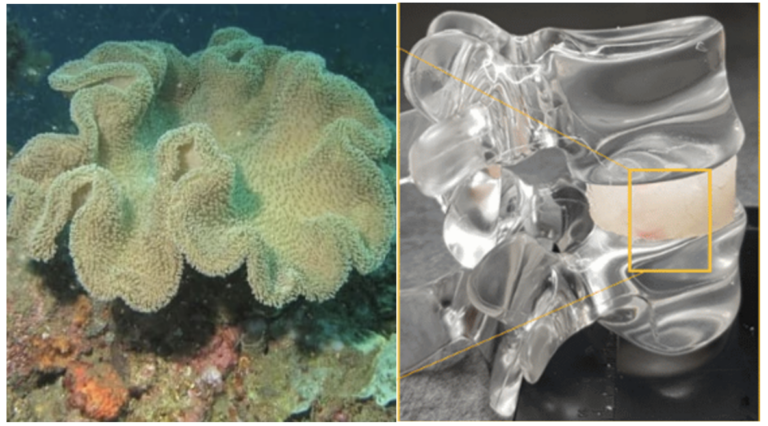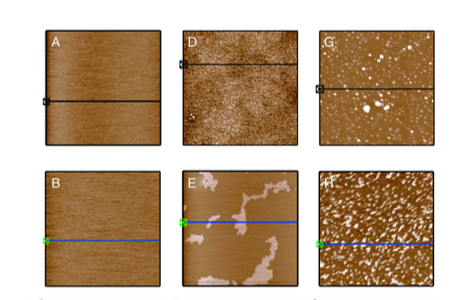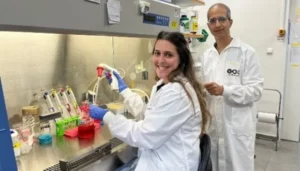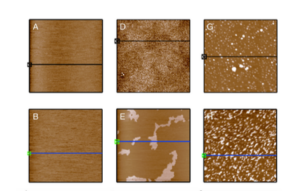Université d'Ariel (Israël) : une plante utilisée par les bédouins, la varthemia, soigne le diabète de type II
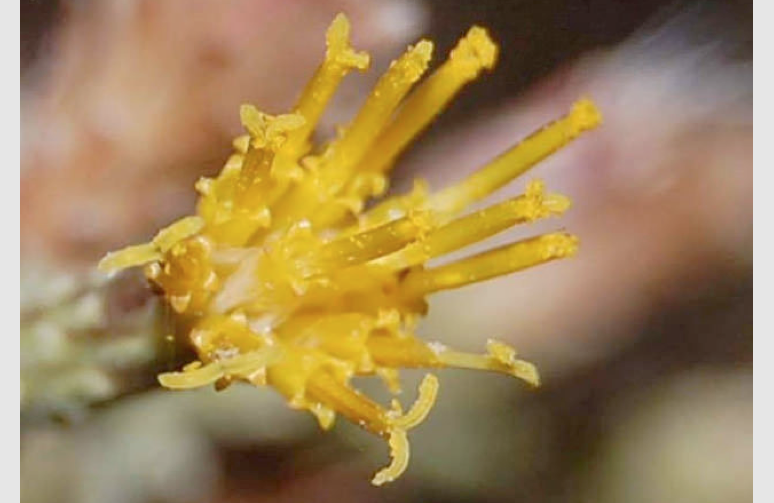
[:fr]Les fleurs d’un arbuste aromatique israélien local appelé Chiliadenus iphionoides (varthemia) améliorent la sécrétion d’insuline et l’absorption de glucose chez les personnes atteintes de diabète de type II. Le biologiste Jonathan Gorelick, directeur scientifique du Centre régional de recherche et développement de Judée en Israël a isolé les principes actifs de cette plante à fleurs jaunes et s’est assuré que ces composés sont bien présents lorsque la plante est cultivée en serre.
Jonathan Gorelick a présenté ses résultats à la 25ème Conférence de Judée et Samarie qui s’est tenue à l’université d’Ariel, en Israël. « Cette plante qui pousse en Israël, en Jordanie et dans le Sinaï, est utilisée traditionnellement par les Bédouins pour le contrôle du diabète. J’ai étudié diverses plantes pour traiter le diabète et celle-ci est l’une des plus prometteuses ».
Dans une étude publiée dans le Journal of Ethnopharmacology en octobre 2011, Jonathan Gorelick et son équipe avaient décrit comment ils ont testé les effets de la plante sur un rongeur du Néguev auquel ils avaient inoculé le diabète. Lorsque les animaux ont été soumis à un test de tolérance au glucose par voie orale, le taux de glycémie de ceux qui avaient absorbé de la varthemia avant le test est immédiatement retombé à des niveaux normaux.
La consommation de cette plante augmente l’absorption du sucre dans les cellules musculaires et adipeuses des rongeurs, et réduit le taux de glycémie. Les chercheurs ont identifié l’un des principes actifs et continuent à en chercher d’autres, et mènent aussi des études sur le diabète de type I. Dans le même temps, ils mènent des essais pour trouver le meilleur moyen de cultiver cette plante en conservant ses composés actifs intacts, car ces principes disparaissent souvent lorsque la plante est cultivée.
Leur objectif : faire en sorte qu’un traitement naturel du diabète soit enfin disponible dans le commerce.
Le Centre régional de R&D de Judée est parmi les huit centres de recherche agricole d’Israël. Ces centres sont supervisés et soutenus par le ministère de la Science et par l’université Ben Gourion du Néguev. Des chercheurs de l’Université Hébraïque de Jérusalem et du centre Volcani on participé à ces travaux sur le varthemia.
[:en]Ingesting an indigenous Israeli aromatic shrub called Chiliadenus iphionoides (more commonly, “sharp varthemia” or “Goldilocks”) could improve insulin secretion and glucose absorption in people with Type II diabetes, according to plant biologist Jonathan Gorelick, scientific director of the Judea Regional Research and Development Center in Israel.
The center’s efforts to isolate the plant’s active compounds — and to assure these compounds are present when the plant is grown in the greenhouse rather than in the wild — is the topic of Gorelick’s presentation at the 25th Judea and Samaria Research Studies Conference at Ariel University.
“This is a plant that only grows in Israel, Jordan and the Sinai, and has been used traditionally by Bedouins for controlling diabetes,” Gorelick tells ISRAEL21c. “I’ve been screening different Israeli plants for diabetes and this is one of the best candidates.”
In a study published in the Journal of Ethnopharmacology in October 2011, Gorelick and his team describe how they tested the effects of the plant on a particular Negev rodent with a nutritionally induced model of diabetes. When the animals were given an oral glucose tolerance test, blood-glucose levels returned immediately to normal levels only in the ones that had been fed sharp varthemia before the test.
“We also did a longer-term study in which we mixed the plant with their food and showed the [positive] effects,” says Gorelick. Consumption of the yellow-flowering plant increased sugar absorption in the rodents’ muscle and fat cells, and reduced blood-sugar levels.
Gorelick and his research collaborators have identified one of the active compounds responsible for these effects, and continue to search for others. At the same time, they are experimenting to find the best way to grow the plant agriculturally with its active compounds intact so that it could be cultivated as a commercially available natural treatment for diabetes.
Full article on israel21c[:]

